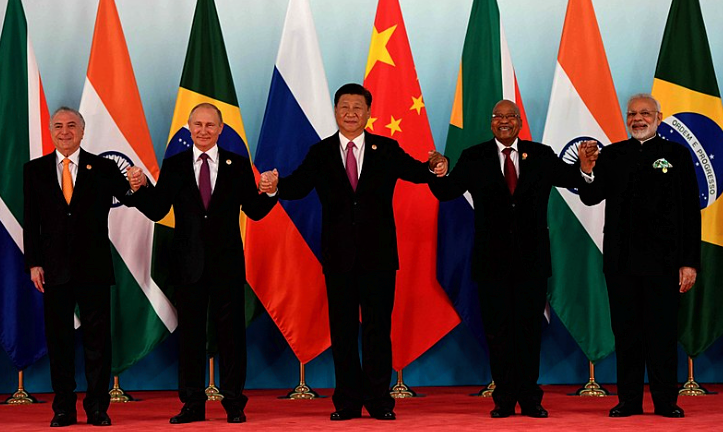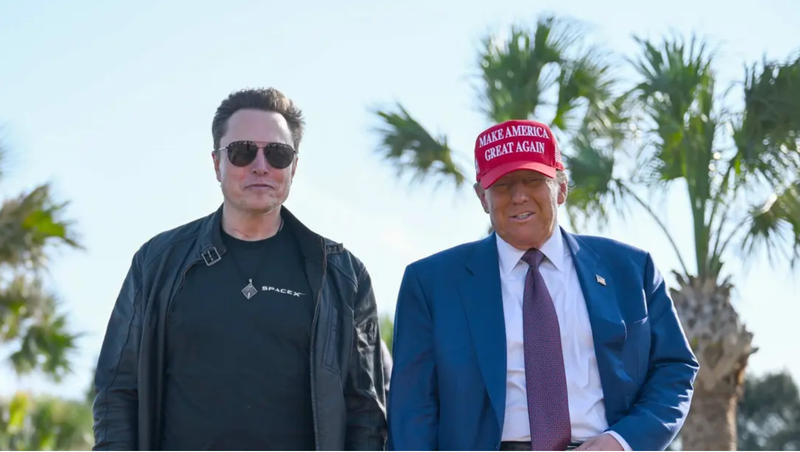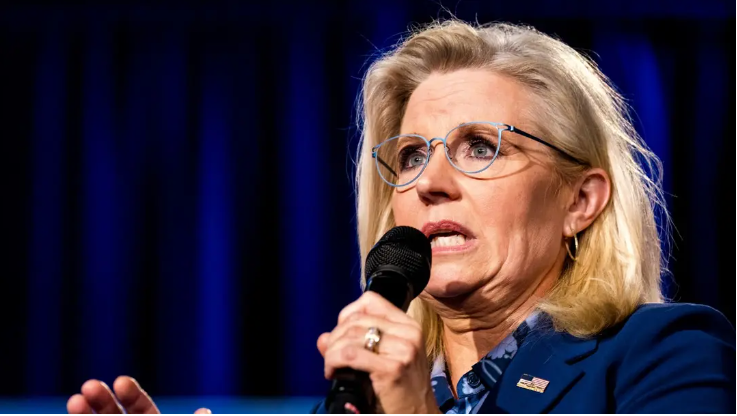BRICS Leaders Agree to Add Six New Members
On Thursday, South African President and host of the 15th BRICS summit in Johannesburg, Cyril Ramaphosa, announced that the bloc's leaders have agreed to invite six more countries to join the alliance of emerging economies.

Facts
- On Thursday, South African President and host of the 15th BRICS summit in Johannesburg, Cyril Ramaphosa, announced that the bloc's leaders have agreed to invite six more countries to join the alliance of emerging economies.1
- Argentina, Egypt, Ethiopia, Iran, the UAE, and Saudi Arabia will become BRICS members — joining Brazil, Russia, India, China, and South Africa — on Jan. 1, 2024, Ramaphosa said.2
- BRICS's expansion is expected to have major geopolitical influence, with the bloc reportedly looking to increase its influence in the US and Western-dominated international institutions such as the United Nations.3
- The development comes after Russian Pres. Vladimir Putin — who missed the event due to an International Criminal Court arrest warrant — used the Summit to slam the US. In a prerecorded video message, he said: "Our actions in Ukraine are dictated by only one thing — to end the war that was unleashed by the west and its satellites…"4
- Chinese Pres. Xi Jinping also unleashed a series of thinly veiled jabs at the US. In his speech, read out by his commerce minister, Jinping described an unnamed country as being "obsessed with maintaining hegemony, [and] has gone out of its way to cripple the emerging markets and developing countries."5
- Established in 2006, the BRICS accounts for 42% of the world's population, 26% of global GDP, and 18% of global exports. The five existing countries' share in global foreign direct investment stands at 22%.6
Sources: 1France 24, 2WION, 3La Prensa Latina Media, 4The Guardian (a), 5The Guardian (b), and 6Business Today.
Narratives
- Pro-establishment narrative, as provided by The Washington Post. While the expansion suggests unity and momentum, the move is ironically more likely to expose the existing rifts among the BRICS members. The bloc faces a fate similar to that of the EU, where the steady addition of new members led to growing ambiguity about the goals and purpose of the supranational union. Though Putin may try to use BRICS to blame the West for his illegal invasion of Ukraine and transform it into an anti-US bloc, the alliance remains an artificial construct shaped by heterogeneous economic interests.
- Establishment-critical narrative, as provided by TASS. This is a historic day, not only for BRICS but for the entire global South, and proves that the bloc's member states can bridge existing political and economic differences to create a more equitable international order. Under Russia's leadership, BRICS is pushing back against the West's policies of hegemony and neocolonialism — instead promoting a multipolar world based on the principles of equality, partnership, support, and due regard for each other's interests.






